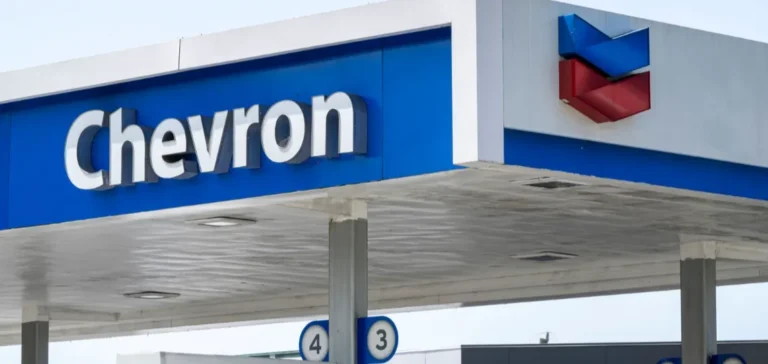Chevron recently held discussions in London with Libya’s National Oil Corporation (NOC) and the country’s oil minister. According to the state company, the talks focused on potential cooperation in exploration and production following more than a decade of absence by the U.S. group. Photographs released by NOC show Chevron officials alongside minister Khalifa Abdulsadek.
Strong interest in Libyan reserves
NOC stated that the discussions covered opportunities in untapped reservoirs as well as unconventional resources. Official estimates point to around 4 billion barrels of undeveloped oil, 18 billion barrels of unconventional oil resources and 123 trillion cubic feet of natural gas. These volumes place Libya among the leading energy provinces on the African continent.
Chevron originally entered Libya in 2004 after sanctions were lifted but relinquished its licenses in 2010 following unsuccessful exploration efforts. A potential return would come amid renewed interest from international oil companies in the Libyan market. NOC confirmed that Chevron was among the participants in its first oil tender since the fall of Moammar Qadhafi in 2011.
A renewed momentum among major players
The Libyan market is once again attracting foreign companies, supported by relative improvements in security conditions and a rise in national output. ExxonMobil recently signed an agreement ending a twelve-year absence, while BP and Shell have also concluded similar arrangements in recent months. Libyan crude production reached 1.25 million barrels per day in July, the highest level in twelve years, driven by new drilling and the reactivation of shut-in wells.
Chevron has not directly commented on the possibility of returning. A spokesperson said the company continuously reviews new exploration opportunities to support its upstream operations, without providing a timeline or firm commitment on Libya. The outcome of these talks may determine whether the U.S. group joins other majors already resuming activity in the country.






















